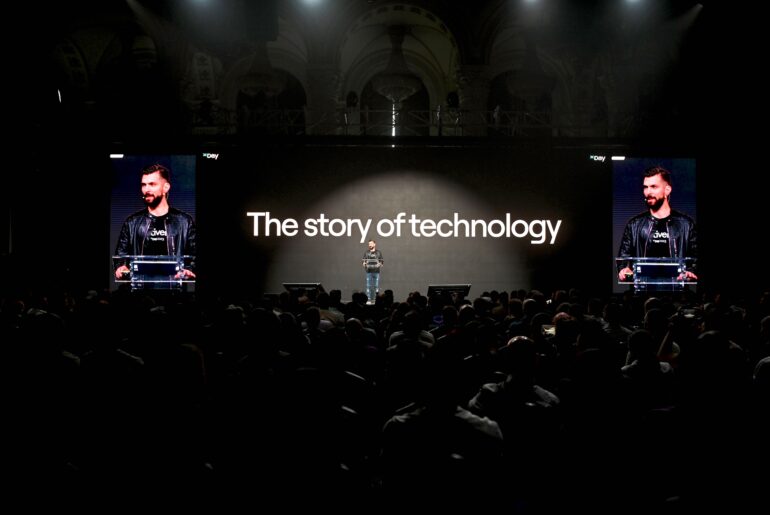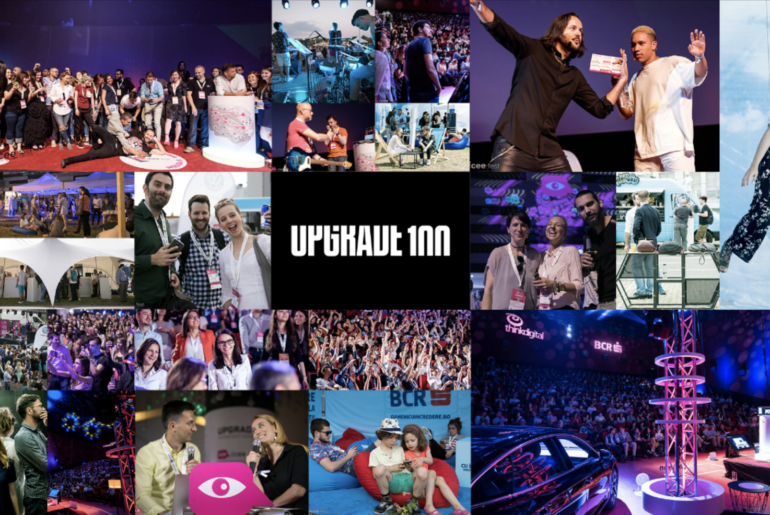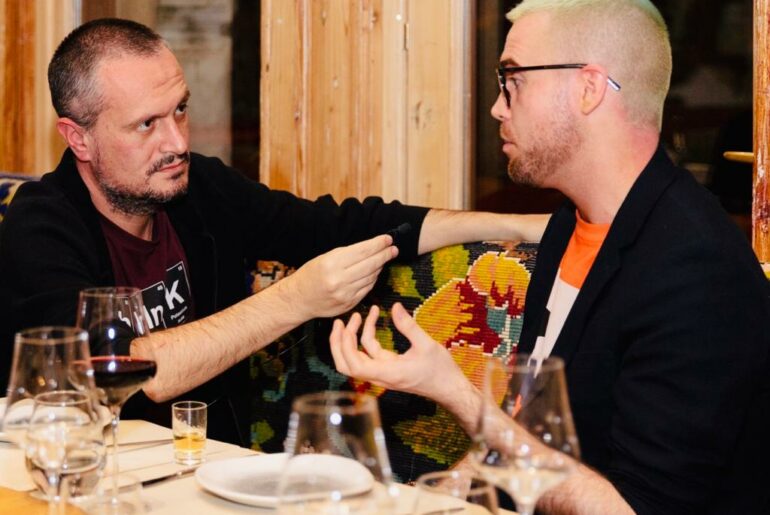Traditional media has undergone a huge shift in recent years. If at first, everybody was wondering how the transition from print to digital will unfold, now another question is on everyone’s mind: how is digital changing the journalism itself?
“There is a rapid takeover of traditional publishers’ roles by companies including Facebook, Snapchat, Google, and Twitter that shows no sign of slowing“, show a study published by The Tow Center for Digital Journalism/ Columbia’s Graduate School of Journalism.
- It’s a research center exploring the ways in which technology is changing journalism (its practice and its consumption) and seeking new ways to judge the reliability, standards, and credibility of information online.
Publishers are continuing to push more of their journalism to third-party platforms despite no guarantee of consistent return on investment.
According to the study, in the span of 20 years, journalism has experienced 3 major changes in business and distribution models:
- The switch from analog to digital
- The rise of the social web
- The dominance of mobile
10 key findings of the study
So, we’re now at a stage where large technology companies dominate the markets and force the news organizations to rethink their processes and structures.
Here are some key points from the study:
- Technology platforms have become publishers in a short space of time, leaving news organizations confused about their own future.
- Competition among platforms to release products for publishers is helping newsrooms reach larger audiences than ever before.
- The influence of social platforms shapes the journalism itself. By offering incentives to news organizations for particular types of content, such as live video, or by dictating publisher activity through design standards, the platforms are explicitly editorial.
- The “fake news” revelations of the 2016 US election have forced social platforms to take greater responsibility for publishing decisions.
- Platforms rely on algorithms to sort and target content. They haven’t wanted to invest in human editing, to avoid both cost and the perception that humans would be biased. However, the nuances of journalism require editorial judgment, so platforms will need to reconsider their approach.
- Greater transparency and accountability are required from platform companies. Publishers are producing more content than ever, without knowing who it is reaching or how—they are at the mercy of the algorithm.
- Publishers are continuing to push more of their journalism to third-party platforms despite no guarantee of consistent return on investment.
- The digital giants have evolved beyond their role as distribution channels, and now control what audiences see and who gets paid for their attention, and even what format and type of journalism flourishes
- Publishing is no longer the core activity of certain journalism organizations. This trend will continue as news companies give up more of the traditional functions of publishers.
- News organizations face a critical dilemma. Should they continue the costly business of maintaining their own publishing infrastructure, with smaller audiences but complete control over revenue, brand, and audience data? Or, should they cede control over user data and advertising in exchange for the significant audience growth offered by Facebook or other platforms?
To cut the long story short, this is a very good read for content producers because the study reveals a lot of information extremely important for any media professional.
CLICK HERE FOR A PDF OF THE FULL REPORT.
About journalism and digital content we’ll also talk @ iCEE.fest, on June 15&16 with top industry leaders from around the globe.
Don’t miss the best price available. Join the place to be for the CEE digital industry this June.
PS Journalist? Do you like the t-shirt?
Well, you can actually buy it… here 😉











